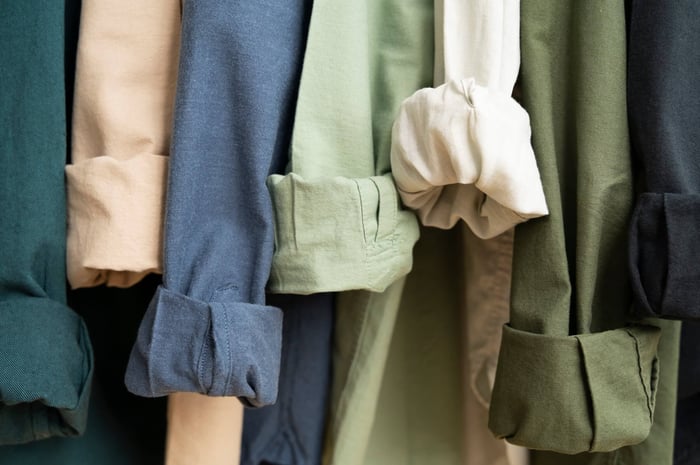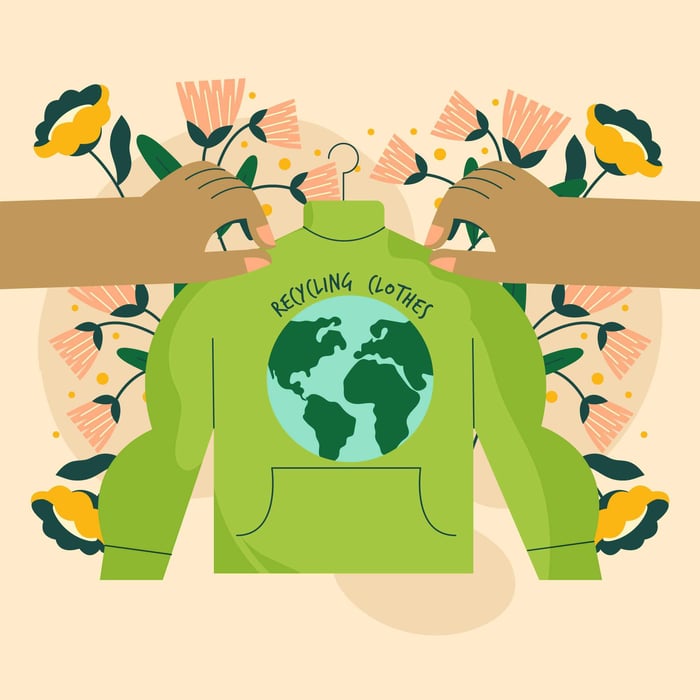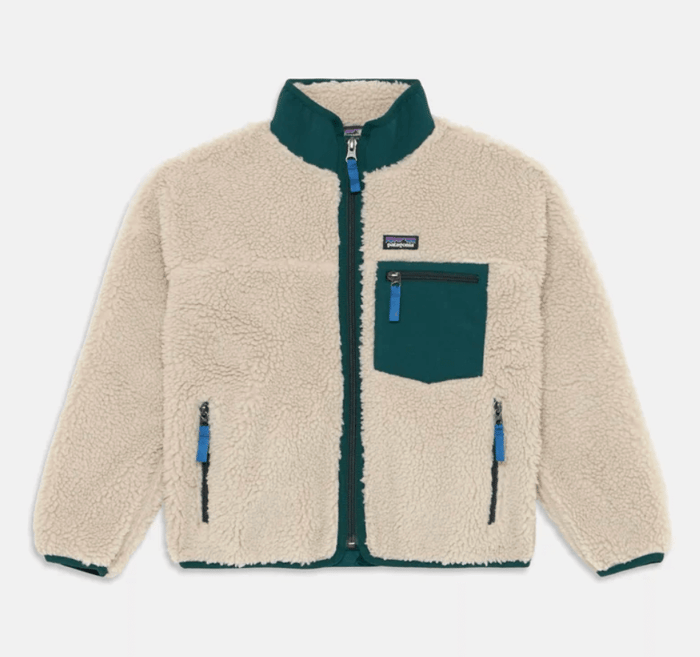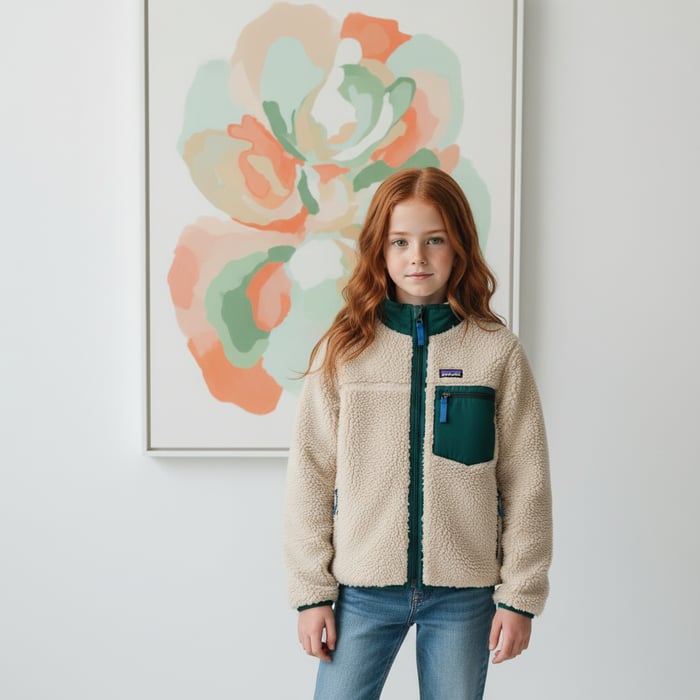Top Sustainable Outdoor Clothing Brands for Eco-Friendly Style
Table of Contents
- Why Sustainable Outdoor Clothing Matters
- Top Sustainable Outdoor Clothing Brands You Should Know
- Comparison Table: Top Sustainable Outdoor Clothing Brands
- How to Choose the Right Sustainable Outdoor Clothing
- The Future of Sustainable Outdoor Fashion
- Conclusion
- FAQs About Sustainable Outdoor Clothing Brands
As people become more aware of the environmental impact of the fashion industry, sustainable outdoor clothing brands are leading a quiet revolution. These brands are proving that performance, comfort and durability can coexist with ethics and responsibility.
From recycled materials to fair trade practices, minimalist packaging, and lifetime repair guarantees, the best eco-friendly outdoor clothing brands are revolutionizing our understanding of "outdoor adventure" clothing. Whether you hike, climb, camp, or simply enjoy nature, choosing responsibly made gear means doing your part for the planet. Every grain counts.

Why Sustainable Outdoor Clothing Matters
Outdoor enthusiasts are often among the first to see the effects of climate change, they are the most conscious people about this problematic. Melting glaciers, rising temperatures and changing ecosystems remind us every day that sustainability isn’t a trend, it’s a necessity.
Traditional outdoor clothing has relied heavily on synthetic materials like polyester and nylon, which are derived from fossil fuels and can take hundreds of years to decompose. Also, many waterproofing treatments also involve toxic chemicals that harm waterways. Sustainable outdoor clothing brands are addressing these issues head-on, turning to cleaner, more ethical alternatives that perform just as well, if not better.
The Impact of Materials
One of the main areas of focus for eco-friendly fashion brands is materials. These brands often focus on creating advanced textiles that balance functionality with environmental responsibility. Some use recycled polyester, made from plastic bottles, while others develop regenerated nylon from discarded fishing nets. Organic cotton, hemp, and bamboo are also becoming favorites for lightweight outdoor clothing.
All of this results in breathable, water-resistant, and durable clothing without leaving a significant environmental footprint.

True sustainability isn’t just about what clothes are made of, it’s also about how they’re made. Ethical manufacturing means ensuring fair wages, safe working conditions and transparency across the supply chain. Many ethical outdoor clothing companies go a step further, offering repair programs, take-back initiatives and carbon-neutral shipping to reduce waste even more.
Top Sustainable Outdoor Clothing Brands You Should Know
Let’s explore some of the leading names shaping the future of green fashion brands and outdoor performance gear.
1. Patagonia
Patagonia is synonymous with sustainability. Long before it became a trend, the brand was already championing the environment through activism and innovation. Its clothing is made with recycled polyester, organic cotton, and hemp blends, and its famous "Worn Wear" program encourages customers to repair rather than replace. Patagonia's approach proves that adventure and activism can go hand in hand.
2. Tentree
They have a simple promise, planting ten trees for every product sold. Tentree makes sustainability tangible with this simple act. Their clothing, made from TENCEL™, hemp and organic cotton, is lightweight, breathable and ideal for daily wear. Also, its combination of eco-friendly outdoor fashion and transparency has built a strong community of conscious consumers around the world.
3. Picture Organic Clothing
Picture Organic Clothing redefines high-performance gear. The brand uses bio-sourced and recycled materials and designs garments that are circular, meaning they can be recycled after use. Its bold designs appeal to snowboarders, hikers, and anyone looking for ethical outdoor clothing without sacrificing style or performance.
4. Finisterre
From the rugged coasts of Cornwall, Finisterre creates timeless designs inspired by the sea. The brand is committed to sustainable clothing, using traceable wool, recycled polyester, and natural fibers. Every item feels like an investment, made to last through countless adventures.
5. Vaude
A pioneer in eco-conscious mountaineering gear, Germany’s Vaude combines performance with precision sustainability. Its Green Shape label guarantees environmentally friendly production and fair working conditions. From backpacks to waterproof jackets, Vaude’s designs reflect what green fashion brands can achieve when ethics meet engineering.

Comparison Table: Top Sustainable Outdoor Clothing Brands
Brand | Key Sustainable Materials | Best For | Certifications |
|---|---|---|---|
Patagonia | Recycled polyester, hemp, organic cotton | All-around outdoor wear | Fair Trade Certified, Bluesign |
Tentree | TENCEL™, hemp, organic cotton | Everyday outdoor fashion | B Corp Certified |
Picture Organic Clothing | Recycled PET, bio-sourced fibers | Snow & mountain wear | Fair Wear Foundation |
Finisterre | Wool, recycled fabrics | Coastal & marine activities | B Corp Certified |
Vaude | Recycled nylon, organic cotton | Hiking & mountaineering | Green Shape, Fair Wear |
How to Choose the Right Sustainable Outdoor Clothing
When exploring sustainable outdoor clothing brands, it’s easy to get overwhelmed by options and certifications. Here’s how to make informed, mindful decisions.
Focus on Transparency
Transparency is the backbone of trust. Look for brands that openly share details about their materials, supply chains, and production partners. If a company isn’t willing to show you where or how something was made, it probably isn’t truly eco-friendly outdoor fashion.
Prioritize Quality Over Quantity
Fast fashion encourages constant buying, but sustainability encourages thoughtful investing. High-quality ethical outdoor clothing lasts longer and reduces waste. It’s better to own a few durable, repairable items than a closet full of cheap alternatives.
Look for Certifications
Certifications like Fair Trade, GOTS, and Bluesign confirm that a product meets strict environmental and ethical standards. They help you identify legitimate green fashion brands and avoid greenwashing.
The Future of Sustainable Outdoor Fashion
The next wave of sustainable outdoor clothing is deeply tied to technology and innovation. Brands are experimenting with AI-driven design tools, digital sampling, and virtual modeling to eliminate physical waste.
Modelia, for example, empowers fashion businesses to generate realistic AI models wearing different outfits, test visual concepts and create digital campaigns without photoshoots. This reduces emissions, fabric waste and the need for physical samples while keeping creativity at its peak.
These new tools represent a massive step forward for eco-friendly outdoor fashion, where data and design work together to support a cleaner, smarter industry.

Conclusion
Choosing sustainable outdoor clothing brands is one of the most impactful ways to align your lifestyle with your values. Every recycled jacket, organic hoodie, or fair-trade pair of hiking pants supports a more conscious, responsible, and exciting future for fashion.
By embracing eco-friendly outdoor fashion, you’re not just dressing for adventure, you’re shaping it. You’re proving that comfort, performance, and care for the planet can coexist beautifully.
So next time you’re planning your next hike or ski trip, look for ethical outdoor clothing from green fashion brands that share your respect for the world we all explore.
Try Modelia and start building a more sustainable world
FAQs About Sustainable Outdoor Clothing Brands
What makes an outdoor clothing brand truly sustainable?
A brand is sustainable when it focuses on ethical sourcing, low-impact materials, and transparency. The most credible sustainable outdoor clothing brands also invest in circular fashion programs and ensure fair working conditions.
Are eco-friendly materials as strong as traditional ones?
Absolutely. Many recycled or organic fabrics now outperform synthetics. Brands like Vaude and Patagonia design high-performance eco-friendly outdoor fashion that stands up to extreme weather and heavy wear.
How can I start building a more ethical outdoor wardrobe?
Begin by supporting green fashion brands, choosing durable essentials, and caring for your clothing properly. Wash less, repair often, and donate or resell items you no longer use.
Are sustainable outdoor clothes worth the price?
Yes. While ethical outdoor clothing can cost more upfront, it lasts significantly longer and is made under fair conditions. You’re not just buying clothes, you’re investing in people, planet, and performance.
How would you rate this article:
Related Articles
- The Best Winter Fashion Trends for a Stylish Season
- AI-Powered Video Creation: How Artificial Intelligence is Revolutionizing Video Production
- How to Try On Wedding Dresses Virtually
- Best Virtual Fitting Room Apps: Top Picks for Online Shopping
- Machine Learning Image Enhancement: How AI is Transforming Image Quality and Clarity
- Virtual Try-On Technology in Fashion: The Future of Online Shopping
- Best Vmake.ai alternatives you should check for 2025
- How Digital Clothing Is Shaping the Future of Fashion
- Best Practices for Capturing High-Quality Mannequin Photos
- Best 5 AI Pet Portraits Generators I Tested in 2025


